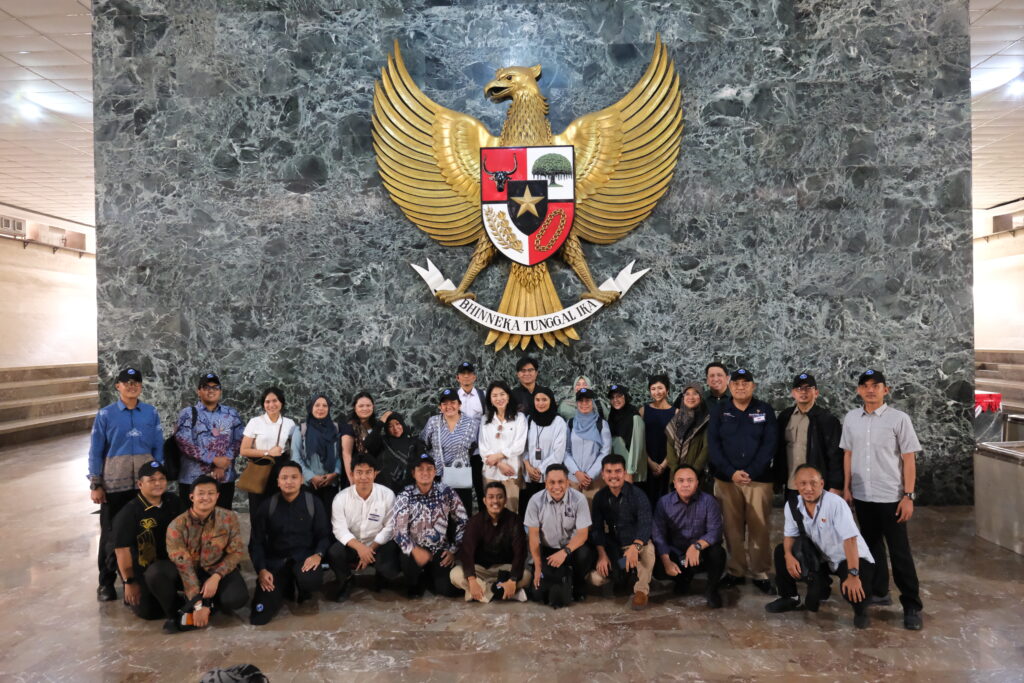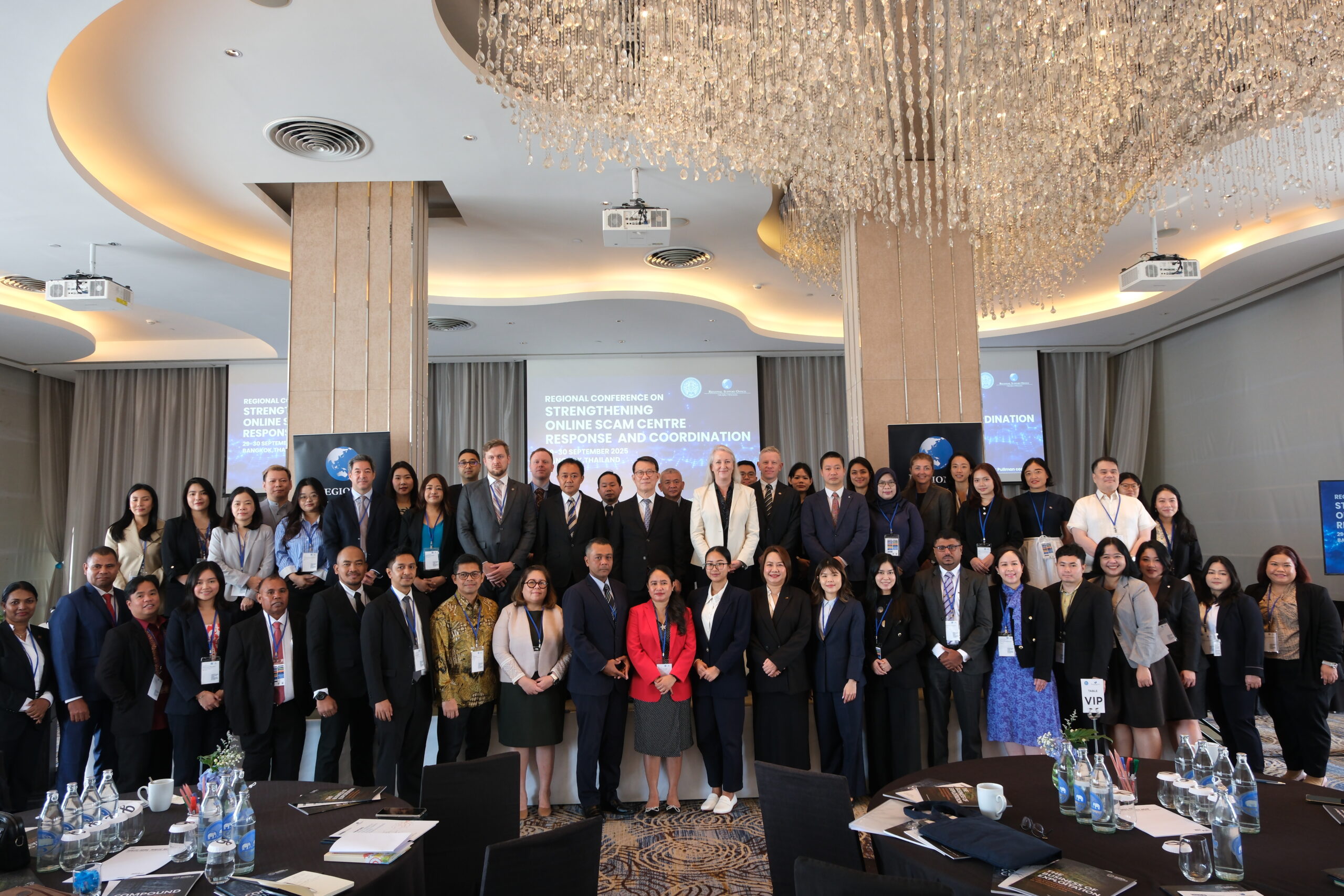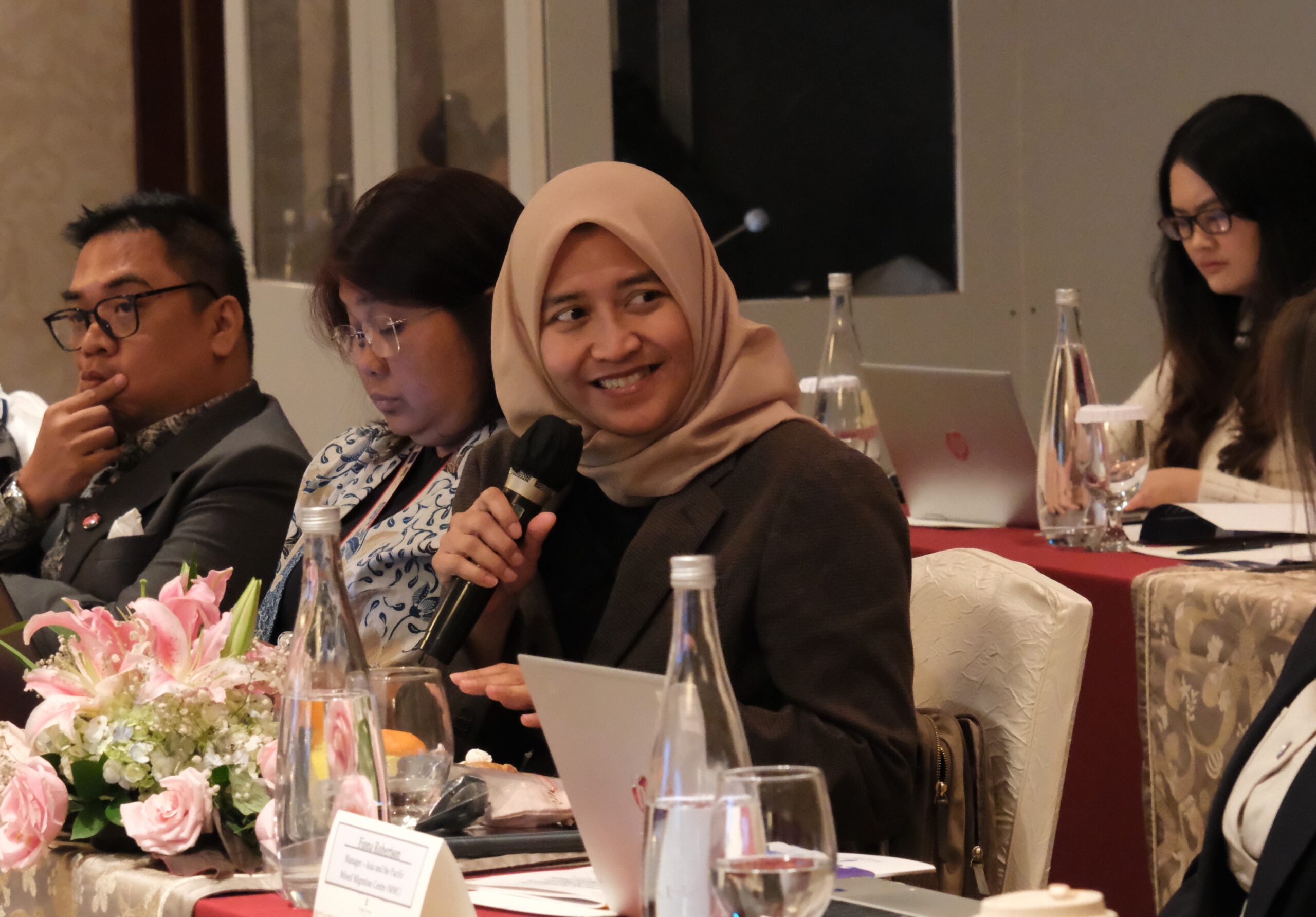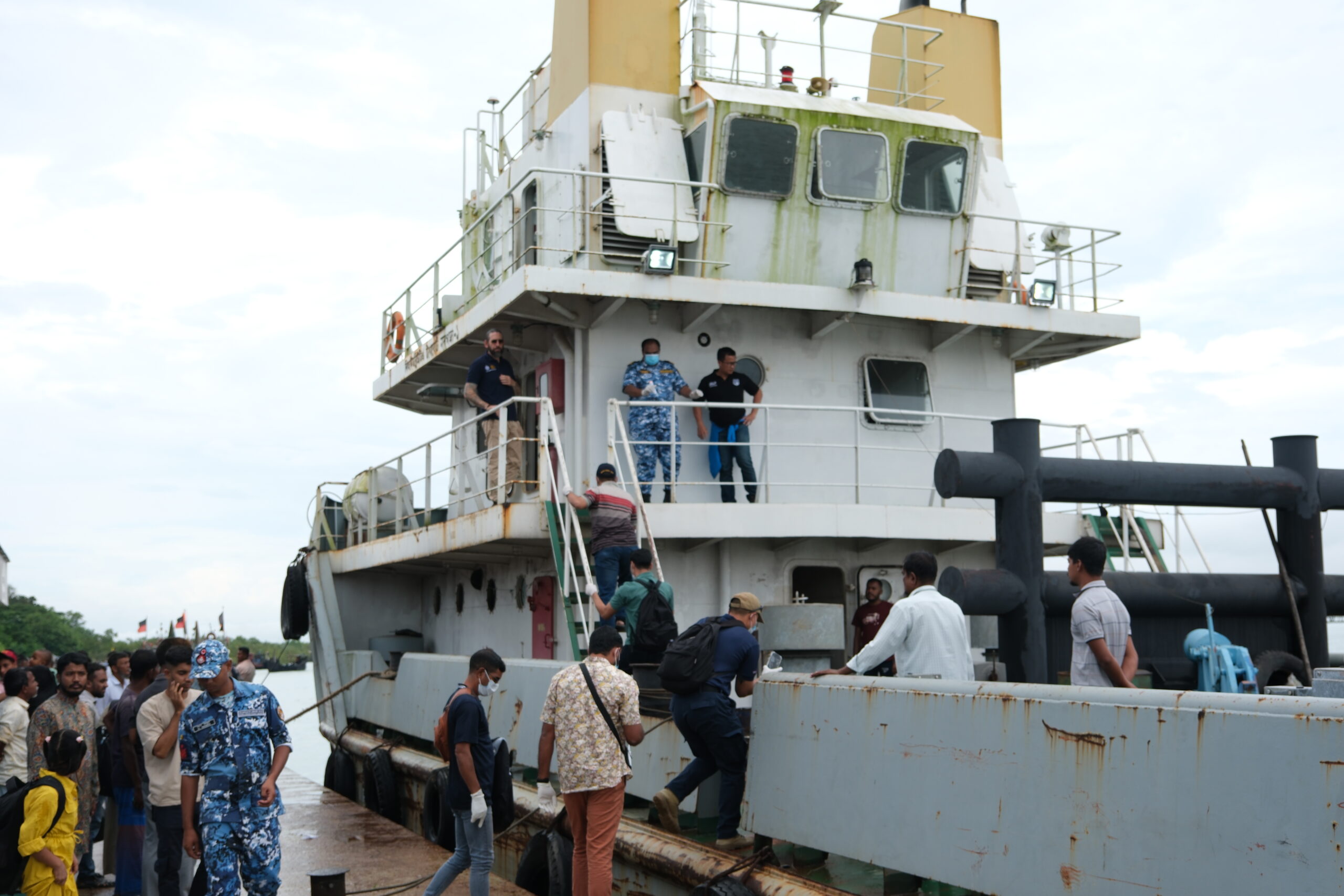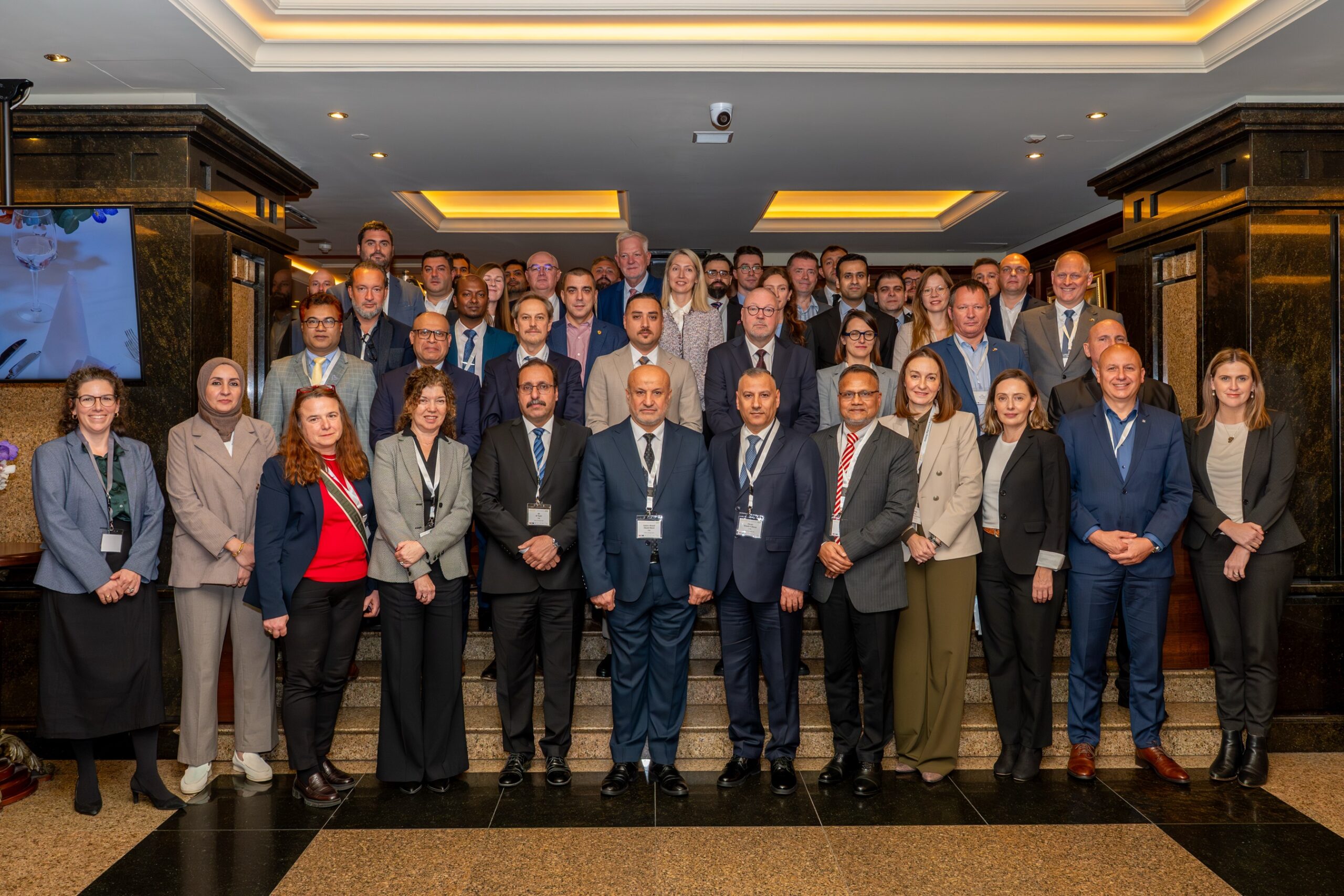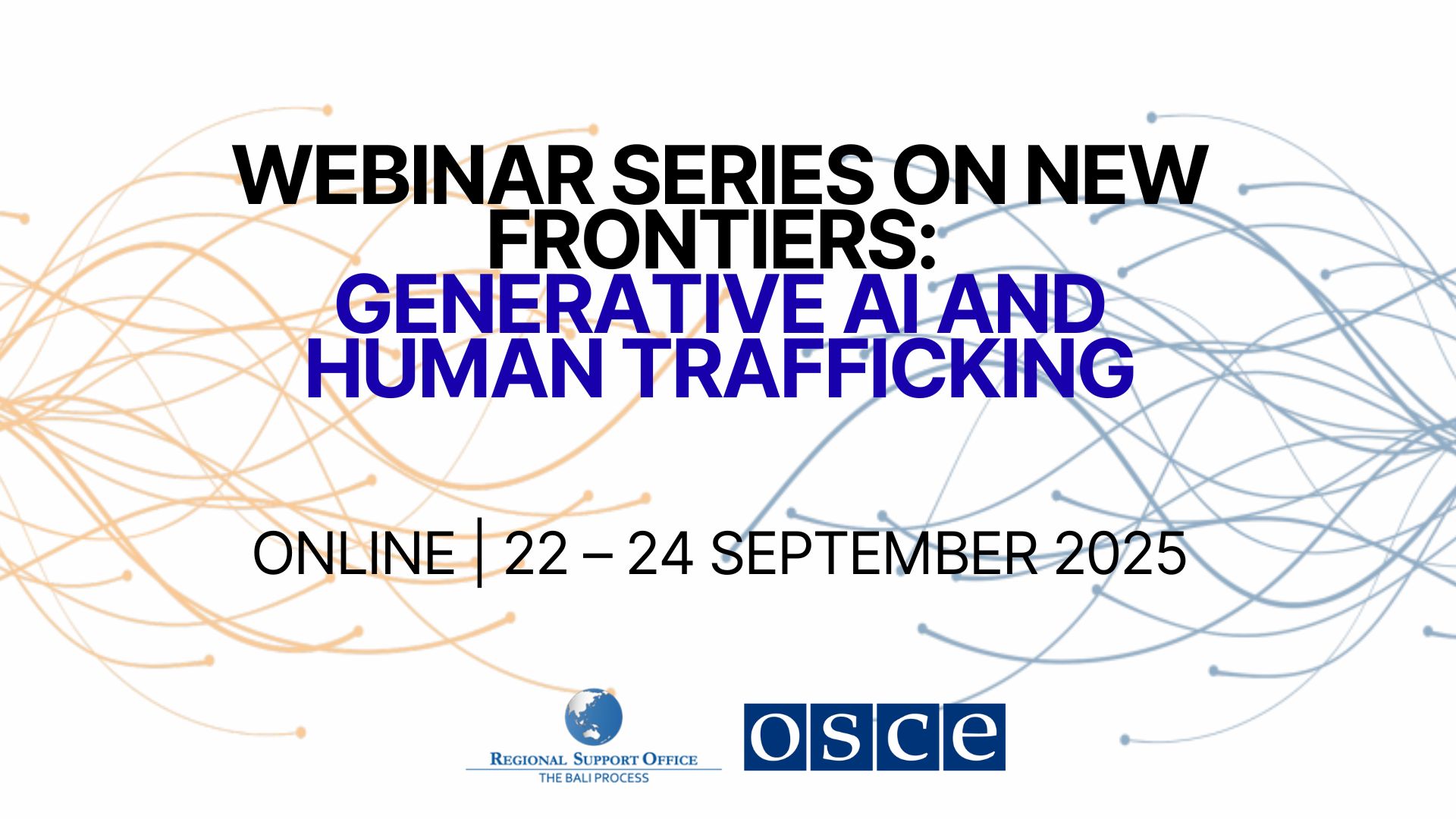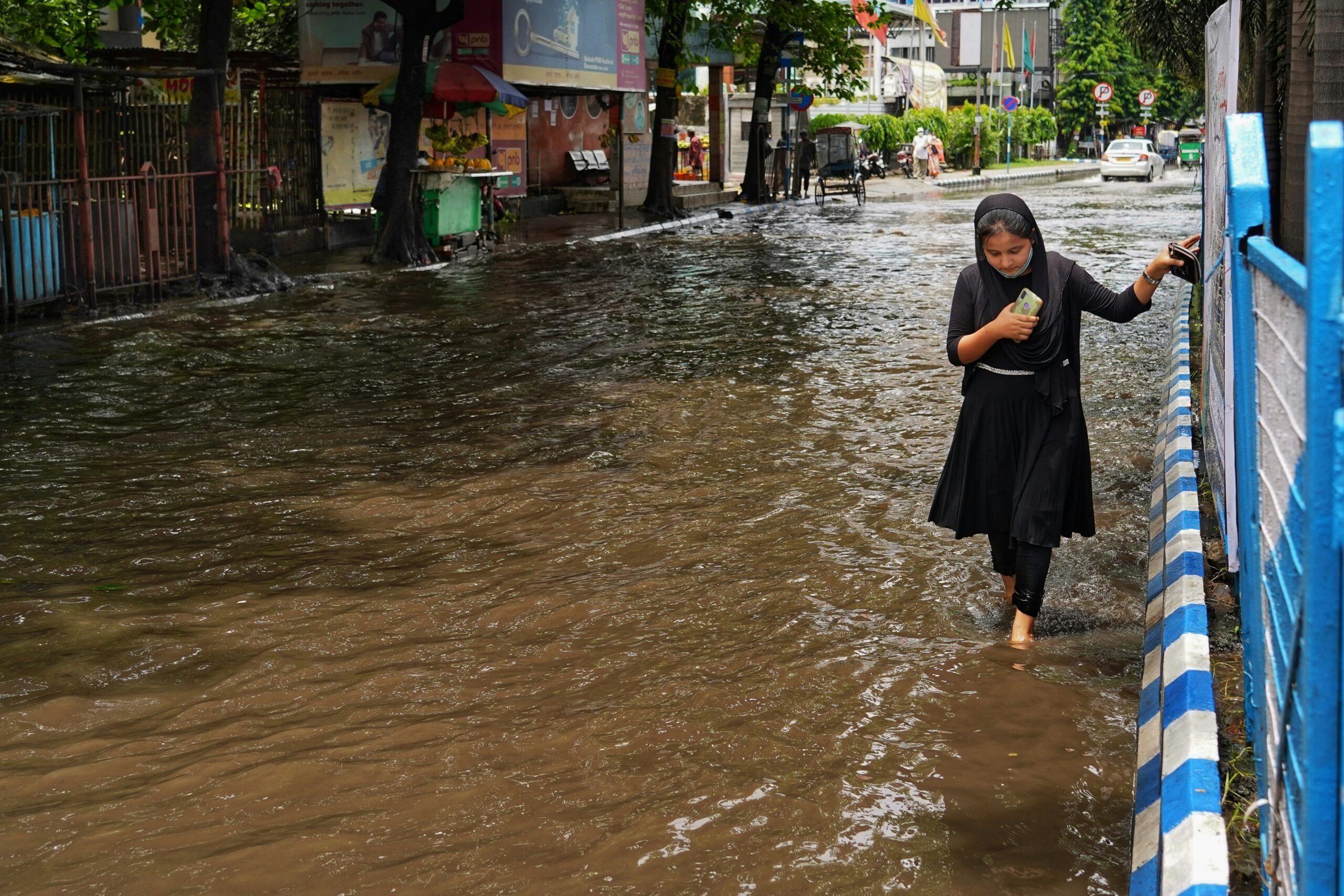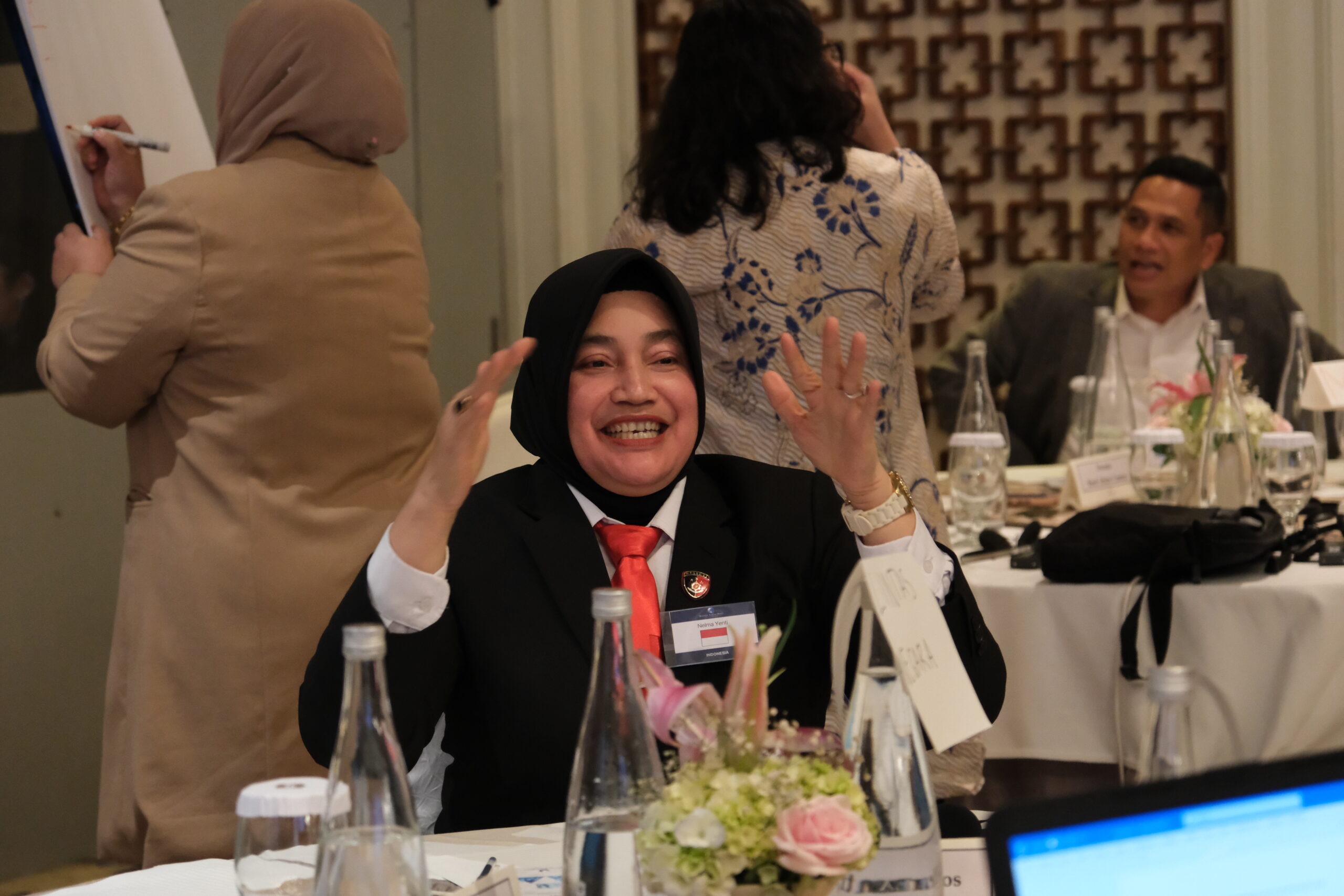19 – 22 August 2025 • Jakarta, Indonesia
Irregular maritime arrivals to Indonesia surged across 2024–2025, with the United Nations Refugee Agency (UNHCR) warning that more than 7,800 people attempted boat journeys in 2024—an 80 per cent increase compared to 2023. Malaysia too has seen an increase in attempted landings with both Indonesia and Malaysia reporting pressures and shifting sentiments from local communities in response to the increase in irregular maritime ventures.
Although the loss of lives as a result of irregular maritime ventures continues to rise, regional economic and social pressures, conflict and persecution continue to drive people to embark on risky journeys. Coordinated, protection-focused interventions at critical border and arrival points is crucial to support timely and effective responses, support local messaging and prevent exploitation of vulnerable individuals.
Supporting cross-border coordination and responses, the Regional Support Office of the Bali Process (RSO) convened a Training Workshop on Border Management and Screening and Referral of Migrants Who May Be in Vulnerable Situation, bringing together cross-border counterparts from Indonesia and Malaysian agencies. The workshop took place in Jakarta, Indonesia, as part of the RSO Member State Spotlight: Indonesia week of activity.
The training built upon a previous workshop held in Aceh in 2023, and brought together 28 frontline officers and policy leads from Indonesian agencies in Aceh, Medan, Dumai, and Riau, and from Malaysia’s National Strategic Office—Council for Anti‑Trafficking in Persons and Anti‑Smuggling of Migrants.
The workshop promoted inter-agency experience sharing, enhanced understanding of regional referral mechanisms, and supported new connections to further operational cooperation between Indonesian and Malaysian agencies. By the close, participants reported enhanced awareness and confidence in applying trauma-informed interviewing techniques and screening practices, and the ability to better identify appropriate referral pathways for protection, healthcare and legal services that may be required. Participants also spoke to strengthened networks for cross-border cooperation between Indonesia and Malaysia.
The training workshop featured technical expert presentations, guest speakers, facilitated group discussions and an interactive hands-on practical exercise. Through scenario-based modules, participants practiced identifying vulnerability indicators, applying protection-sensitive screening, and mapping referral pathways, supported by hands-on use of the RSO–UNHCR Screening and Referral Toolkit, a mobile application for border officials designed to support faster, more consistent screening and referral practices.
A discussion of Indonesia’s Presidential Regulation No. 125/2016 on the handling of refugees, led by Sepriady Utama, the Head of the National Human Rights Commission in Aceh, enhanced understanding of responsibilities across different agencies, and points for intervention and referral.
The RSO–UNHCR Screening and Referral Toolkit mobile application provides valuable guidance for frontline officers during their duties and protect vulnerable migrants within the law.” – Panji Herlambang, First Expert Search and Rescue Operations Manager from Indonesia National Search and Rescue Agency

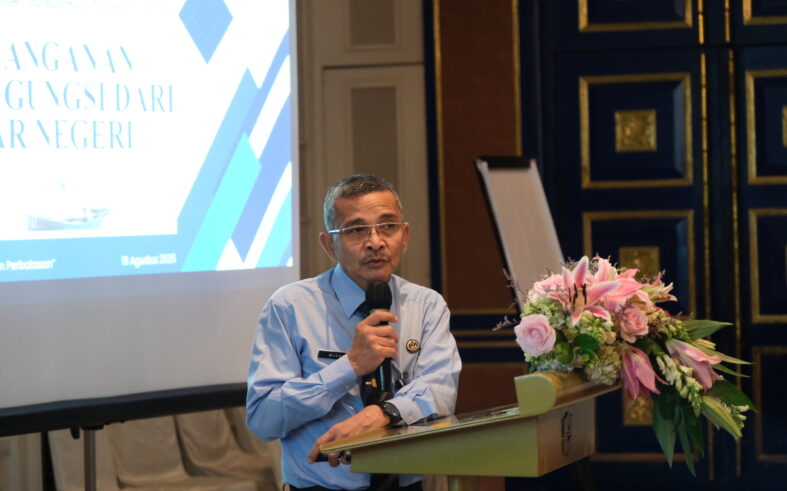
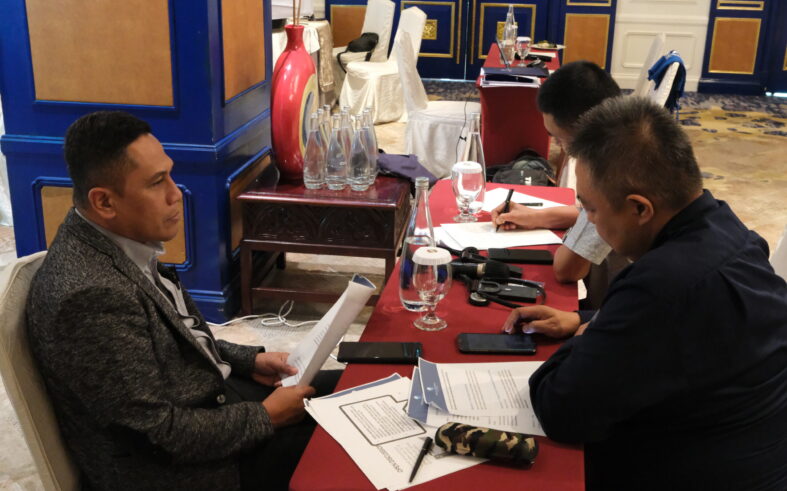
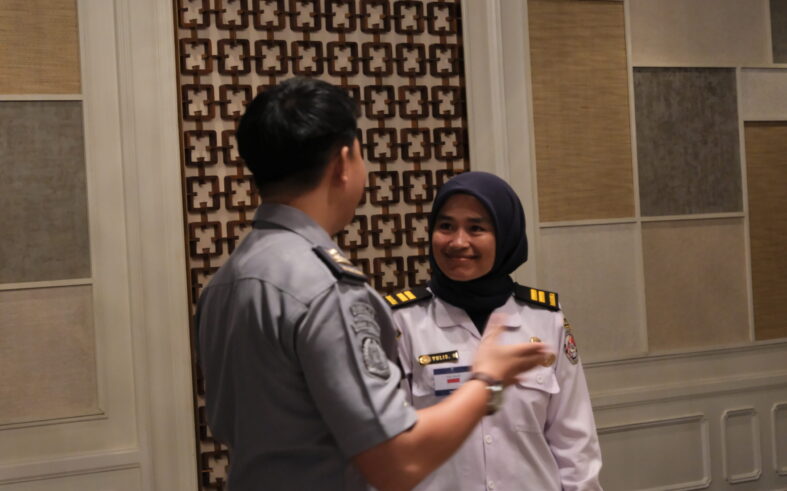
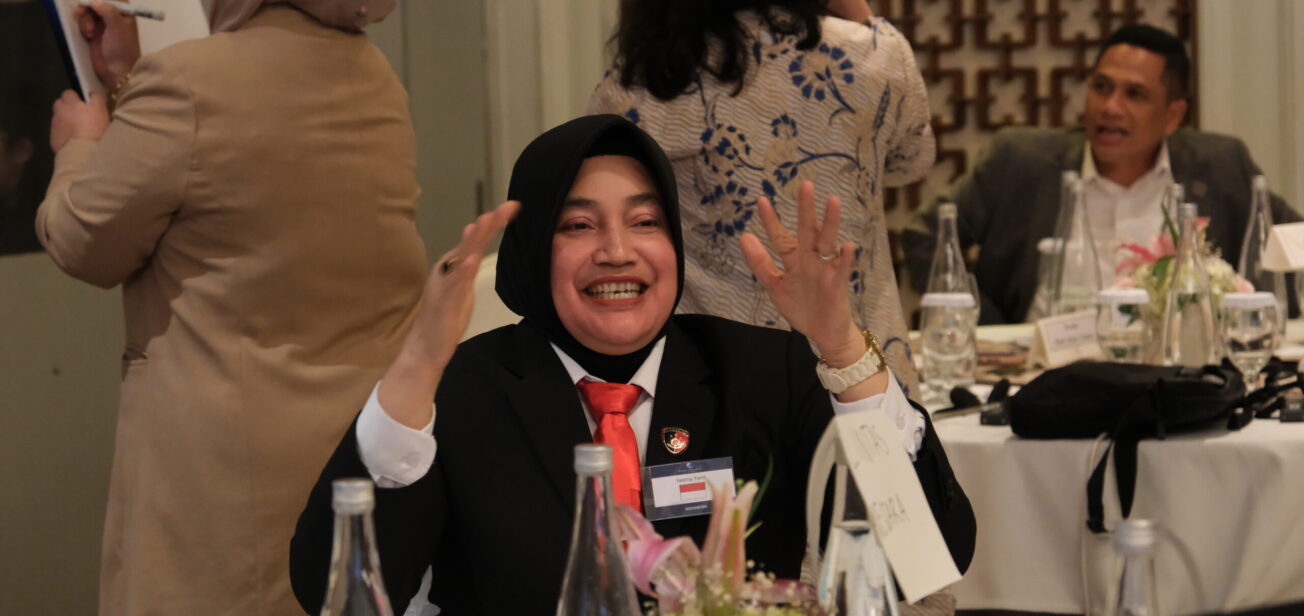


In this training I have learnt the importance of applying an human-rights based approach in handling victims of trafficking in persons. This is highly relevant to my role, as it emphasises the need to treat victims with dignity and provide appropriate support. A key challenge for me will be educating and training port personnel on how to properly respond to and interact with victims when they arrive.- Caesar Ali Fahroy, Head Sub-Section for Immigration Intelligence, Directorate General of Immigration, Republic of Indonesia
The training gave me valuable practical new knowledge on screening and referral pathways, and interagency connection that I can directly use in my border management duties. I hope similar workshops can also be organised across the Asia Pacific region so that more frontline officers can benefit from gaining critical skills in detecting trafficking and smuggling cases.- Insan Aulia, Maritime Security Agency Major, Head of Maritime Safety and Security Monitoring Station of Tanjung Balai Karimun, Indonesian Maritime Security Agency
I particularly valued the session on screening and referral pathways, and inter-agency collaboration and felt confident in applying these lessons learned. However, I do identify coordination gaps and weak inter-agency cooperation as key barriers in implementing broader lessons learned.-Irwana binti Abdul Zaman, Immigration Superintendent, Council for Anti-Trafficking in Persons and Anti-Smuggling of Migrants (MAPO), Ministry of Home Affairs, Malaysia
The training concluded with participants developing Return-to-Work Action Plans, committing to apply new screening and referral practices within their home agencies, including police, immigration, search and rescue, and maritime enforcement.
Key priorities identified included strengthening inter-agency coordination, building standardised SOPs for vulnerability screening, and enhancing regional information-sharing mechanisms with neighbouring states.
Participants were formally onboarded to the RSO Alumni Network, reinforcing a growing community of practitioners committed to ongoing peer-to-peer learning and cross-border collaboration.
A two-month follow-up meeting will be conducted at the end of October 2025 to allow participants to discuss and present on implementation of their Return-to-Work Action Plans.





